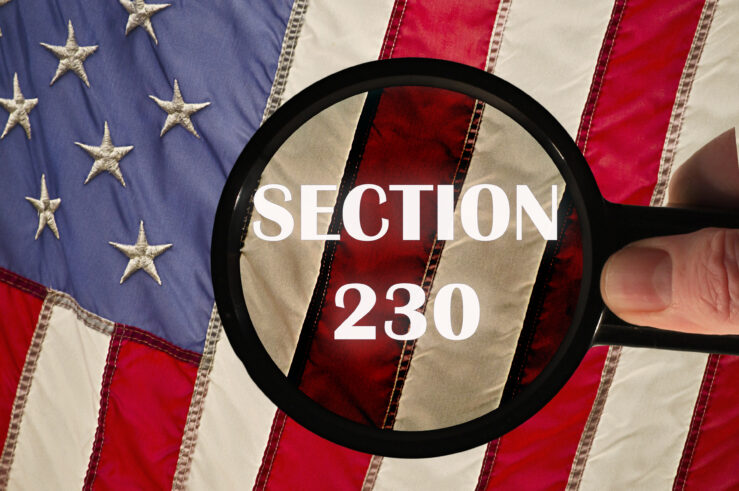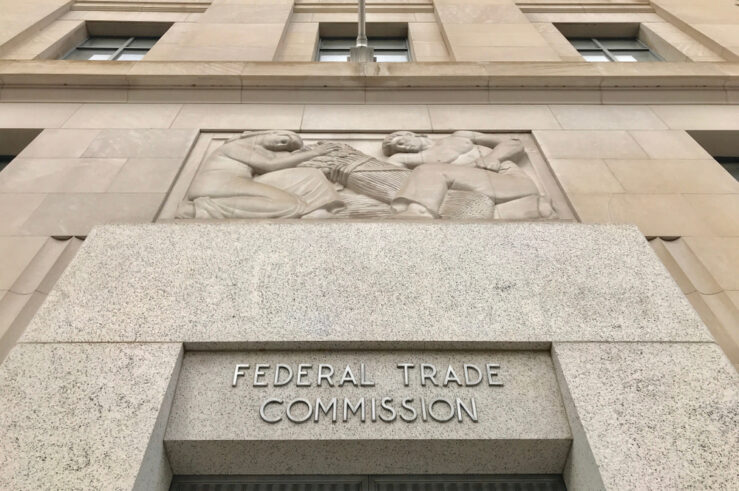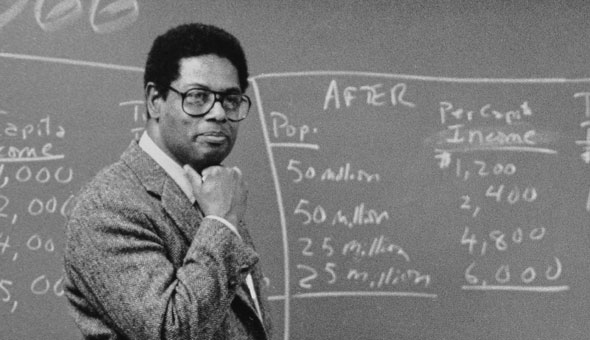A Few Questions (and Even Fewer Answers) About What Artificial Intelligence Will Mean for Copyright
Not only have digital-image generators like Stable Diffusion, DALL-E, and Midjourney—which make use of deep-learning models and other artificial-intelligence (AI) systems—created some incredible (and sometimes creepy – see above) visual art, but they’ve engendered a good deal of controversy, as well. Human artists have banded together as part of a fledgling anti-AI campaign; lawsuits have ... A Few Questions (and Even Fewer Answers) About What Artificial Intelligence Will Mean for Copyright
Section 230 & Gonzalez: Algorithmic Recommendations Are Immune
In our previous post on Gonzalez v. Google LLC, which will come before the U.S. Supreme Court for oral arguments Feb. 21, Kristian Stout and I argued that, while the U.S. Justice Department (DOJ) got the general analysis right (looking to Roommates.com as the framework for exceptions to the general protections of Section 230), they ... Section 230 & Gonzalez: Algorithmic Recommendations Are Immune
7 Top Takeaways from the 2nd Annual Mercatus Antitrust Forum
At the Jan. 26 Policy in Transition forum—the Mercatus Center at George Mason University’s second annual antitrust forum—various former and current antitrust practitioners, scholars, judges, and agency officials held forth on the near-term prospects for the neo-Brandeisian experiment undertaken in recent years by both the Federal Trade Commission (FTC) and the U.S. Justice Department (DOJ). ... 7 Top Takeaways from the 2nd Annual Mercatus Antitrust Forum
Biweekly FTC Roundup: A Guide for the Perplexed Edition
In a prior post, I made the important if wholly unoriginal point that the Federal Trade Commission’s (FTC) recent policy statement regarding unfair methods of competition (UMC)—perhaps a form of “soft law”—has neither legal force nor precedential value. Gus Hurwitz offers a more thorough discussion of the issue here. But policy statements may still have ... Biweekly FTC Roundup: A Guide for the Perplexed Edition
Why I’m a Skeptic of a Noncompete Ban
Under a recently proposed rule, the Federal Trade Commission (FTC) would ban the use of noncompete terms in employment agreements nationwide. Noncompetes are contracts that workers sign saying they agree to not work for the employer’s competitors for a certain period. The FTC’s rule would be a major policy change, regulating future contracts and retroactively ... Why I’m a Skeptic of a Noncompete Ban
Fixing the Procedural Infirmities in the DMA’s Draft Implementing Regulation
Just before Christmas, the European Commission published a draft implementing regulation (DIR) of the Digital Markets Act (DMA), establishing procedural rules that, in the Commission’s own words, seek to bolster “legal certainty,” “due process,” and “effectiveness” under the DMA. The rights of defense laid down in the draft are, alas, anemic. In the long run, ... Fixing the Procedural Infirmities in the DMA’s Draft Implementing Regulation
The FTC’s Noncompete Rule: Shouldn’t Doesn’t Mean Can’t, but Maybe It Should
Former U.S. Labor Secretary Gene Scalia games out the future of the Federal Trade Commission’s (FTC) recently proposed rule that would ban the use of most noncompete clauses in today’s Wall Street Journal. He writes that: The Federal Trade Commission’s ban on noncompete agreements may be the most audacious federal rule ever proposed. If finalized, ... The FTC’s Noncompete Rule: Shouldn’t Doesn’t Mean Can’t, but Maybe It Should
Biweekly FTC Roundup: Highly Skilled Sandwich Maker Edition
Happy New Year? Right, Happy New Year! The big news from the Federal Trade Commission (FTC) is all about noncompetes. From what were once the realms of labor and contract law, noncompetes are terms in employment contracts that limit in various ways the ability of an employee to work at a competing firm after separation ... Biweekly FTC Roundup: Highly Skilled Sandwich Maker Edition
Does the DOJ’s Approach in Gonzalez Point the Way Toward Section 230 Reform?
Later next month, the U.S. Supreme Court will hear oral arguments in Gonzalez v. Google LLC, a case that has drawn significant attention and many bad takes regarding how Section 230 of the Communications Decency Act should be interpreted. Enacted in the mid-1990s, when the Internet as we know it was still in its infancy, ... Does the DOJ’s Approach in Gonzalez Point the Way Toward Section 230 Reform?
GDPR Decision Against Meta Highlights that Privacy Regulators Don’t Understand ‘Necessity’
The €390 million fine that the Irish Data Protection Commission (DPC) levied last week against Meta marks both the latest skirmish in the ongoing regulatory war on the use of data by private firms, as well as a major blow to the ad-driven business model that underlies most online services. More specifically, the DPC was ... GDPR Decision Against Meta Highlights that Privacy Regulators Don’t Understand ‘Necessity’
The FTC’s NPRM on Noncompete Clauses: Flirting with Institutional Crisis
The Federal Trade Commission’s (FTC) Jan. 5 “Notice of Proposed Rulemaking on Non-Compete Clauses” (NPRMNCC) is the first substantive FTC Act Section 6(g) “unfair methods of competition” rulemaking initiative following the release of the FTC’s November 2022 Section 5 Unfair Methods of Competition Policy Statement. Any final rule based on the NPRMNCC stands virtually no ... The FTC’s NPRM on Noncompete Clauses: Flirting with Institutional Crisis
Knowledge, Decisions, and Noncompetes
One of my favorite books is Thomas Sowell’s Knowledge and Decisions, in which he builds on Friedrich Hayek’s insight that knowledge is dispersed throughout society. Hayek’s insight that markets can bring dispersed but important knowledge to bear with substantial effectiveness is one that many of us, especially economists, pay lip service to, but it often ... Knowledge, Decisions, and Noncompetes
















